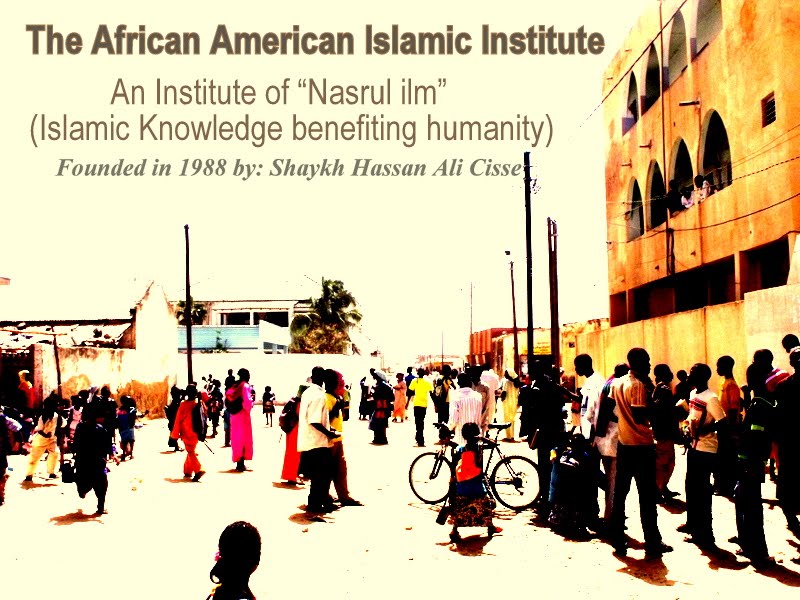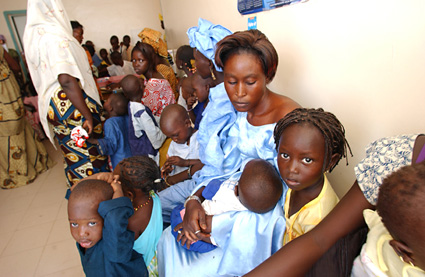
AAII demonstrates a deep commitment to the promotion of peace through its on-going work to advance inter-religious understanding and respect and the development of peacebuilding approaches to conflict resolution. A significant aspect of AAII’s leadership is the promotion of Islam from a Sufi perspective as a peaceful alternative to the spread of radical ideologies that generate international terrorism.
AAII has been in the forefront of efforts to promote inter-religious harmony between Muslims and Christians in Nigeria and other countries in which conflict has erupted among followers of these religious traditions. Peacebuilding strategies include:
- elder and youth dialogs, respectively, that bring Christians and Muslims together to engage in focused discussions;
- involving NGOs in the formation of councils for inter-religious unity and developing their boards of directors from among respected Muslim and Christian leaders;
- encouraging the development of school curricula and multi-media inter-religious educational materials;
- the organization of conferences that facilitate the establishment of standing committees that function on an on-going basis after the conferences have been adjourned.
As part of AAII’s efforts to represent a Sufi interpretation of humankind’s relationship to God and responsibility to one another, AAII’s Founder and Chairman, organized and led anti-terrorism conferences in Ouagadougou, Burkina Faso and in Kumasi, Ghana. In a concerted effort to reach as many people as possible with his message of peace, AAII’s Founder and Chairman held a press conference in Accra, Ghana on “ Islam and Terriorism” that was attended by forty-eight media outlets.
Representing the African continent, AAII’s Founder and Chairman participated as a major speaker in the World Conference of Religions for Peace, held in Madrid, Spain in May, 2006. Religious and community leaders from thirty nations worldwide and the spiritual paths of Christianity, Buddhism, Judaism, Catholicism, Islam and Indigenous committed themselves to working together to address the global problem of violence against children. The elimination of economic and sexual exploitation of children and their use in combat, particularly in Africa, constitutes an essential aspect of working for peace in the world.
AAII’s Founder and Chairman represented Islam, Senegal, the Network of African Islamic Organizations for Population and Development and AAII at the “Peace and Harmony Conference” held in Tonsberg, Norway in June, 2008. His work toward inter-religious harmony and peaceful relations between Christians and Muslims in Nigeria was particularly relevant and valuable to this effort to address the urgent need for mutual respect for all religions and ethnicities as Norway accommodates large numbers of Muslim immigrants from Africa and elsewhere.

